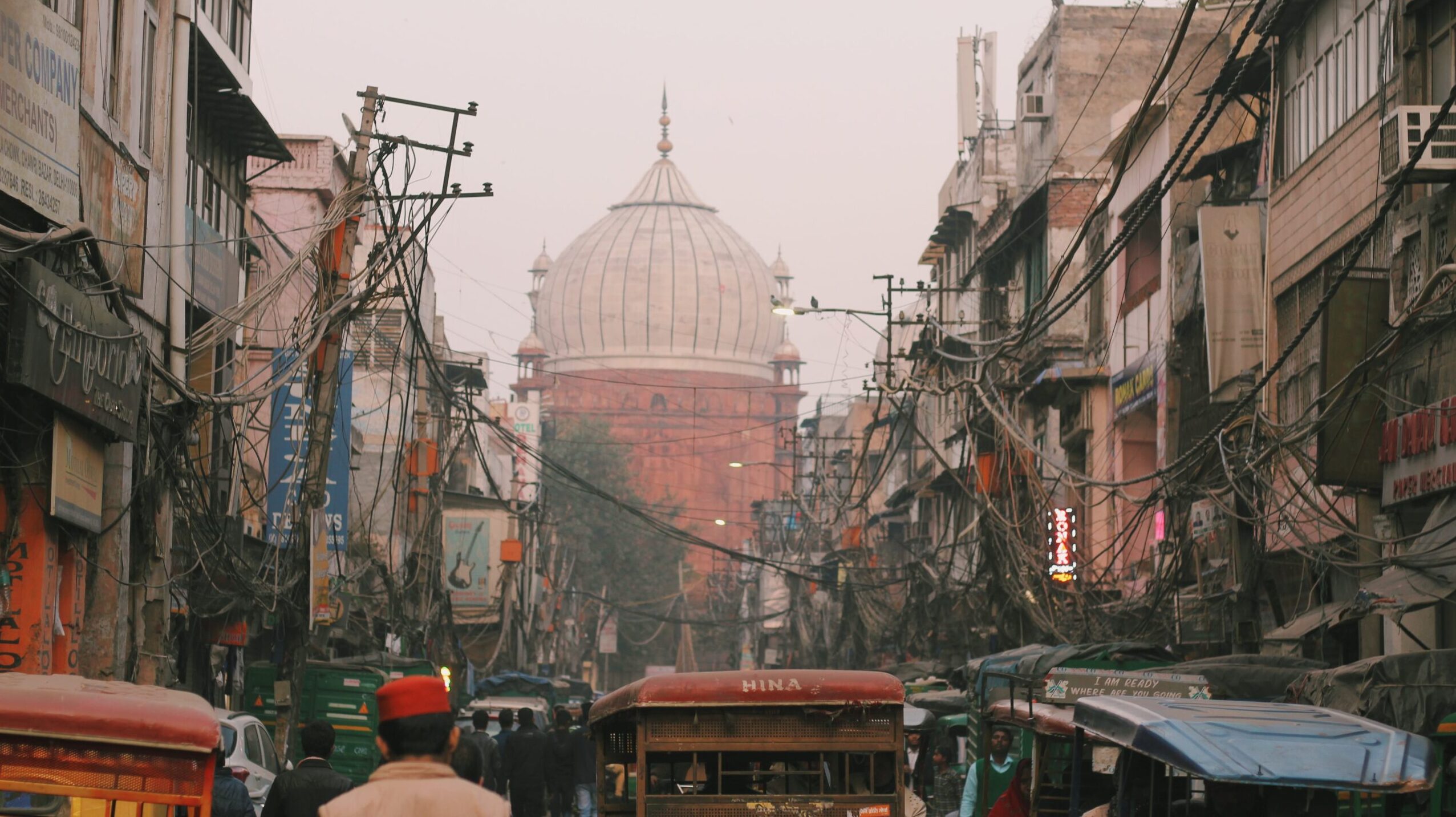
Photo: Unspalsh
Earlier today, Delhi was declared the world’s most polluted city, followed by Kolkata in the new report, Air Pollution and Health in cities, released by the Health Effects Institute’s State of Global Air initiative. Mumbai was 14th on the list. In April this year, Delhi was also declared the world’s most polluted capital city for the second consecutive year.
What are PM 2.5 levels?
To find the pollution levels of these cities, the nitrogen oxide (NO 2) and PM 2.5 levels are assessed and compared primarily. PM 2.5, or fine particulate matter, is an air pollutant that reduces visibility and causes the air to appear hazy when its levels are elevated. This increases the risk of road accidents.
Because they are so minute, they can travel deep into the respiratory tract, reaching the lungs, and causing several respiratory diseases ranging from short-term health effects like irritation in the eyes, nose, throat, and shortness of breath to severe diseases like asthma and cardiac issues.
PM 2.5 particles primarily come from vehicles, construction equipment, factories, exhausts, and burning of natural resources like wood, coal and forest areas. What’s scary is that the particles can be from miles away from the source of emissions. On a small-scale, PM2.5 is also produced due to activities like cooking, smoking tobacco, burning candles, operating fireplaces and others.
What’s contributing to the pollution?
As per the report, the highest population-weighted annual average PM2.5 exposure in 2019 was in Delhi at 110 μg/m3, followed by Kolkata at 84 μg/m3. When the World Health Organisation had revisited the air quality guidelines last year, it had updated the safe limit for PM 2.5 to 5mg/m3.
According to the World Population Review, in 2022, Delhi registered a population density of 29,259.12 people per square mile – one of the highest globally. Being such a populous region, deforestation, to accommodate more housing areas, is inevitable. Delhi lost 99,850 hectares of forest between 2007 and 2009, according to a research conducted by the Indian Institute of Science, Delhi. Thousands of trees were cut to make way for important projects like Delhi Metro IV, Central Vista, Dwarka expressway among others, without making space to translocate the trees within the capital. Such development faux pas at the cost of the environment has added to the pollution levels in the capital region.
Such a huge population is complemented with the large-scale use of vehicles – personal or public. Delhi has more than eight million cars, and more than thousand cars are added to this number daily. It is one of the reasons why Delhi’s pollution has increased five-fold in the last eighty years, as burning of petrol and diesel causes the release of greenhouse gasses.
Additionally, every year between October to November, more than 20 billion tonnes of straw is set ablaze in the paddy fields of Punjab and Haryana fortnightly. This produces several PM 2.5 pollutants which can originate miles away from the source of emission, thus engulfing Delhi. Moreover, the desert winds of Rajasthan, and industrial pollution from neighboring states of Uttar Pradesh, Haryana and Punjab affects the comparatively small region of Delhi.
The air quality only worsens during winter. “In the winters, when people use wood and other substances for heating, low temperature accompanied with little or no wind can lead to building-up of pollutants in the atmosphere,” said Roy Harrison of Birmingham University to The Citizen. Add to this the millions of firecrackers that are burnt during Diwali every year, Delhi’s air quality reaches such alarming levels that recovering from them is almost impossible.
Instagram: instagram.com/thepatriot_in/
Twitter: twitter.com/Patriot_Delhi
Facebook: facebook.com/Thepatriotnewsindia
AQI rises to 208, slipping into ‘poor’ category, according to the Central Pollution Control Board
Dilli 6 – Ishq-e-Dilli at Edesia presents a carefully sequenced journey through familiar flavours from…
Two youth arrested for killing a 55-year-old woman during a robbery in Jyoti Nagar; stolen…
Scheme aims to provide affordable meals to over 1 lakh people daily, with each canteen…
Featuring works by Krishen Khanna and Prabhakar Kolte, the exhibition explores Indian modernism through figurative…
Police are probing the stabbing death of a 36-year-old man found near Sanjay Lake in…